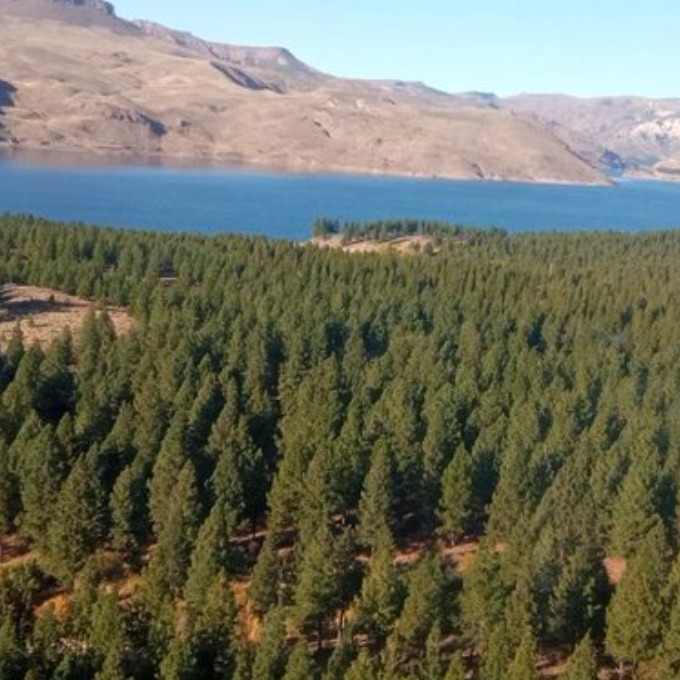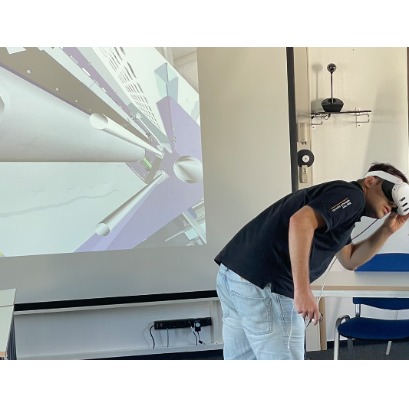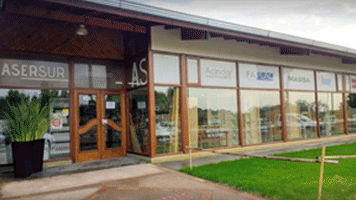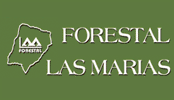
Experts in Forest Health of the South Cone will issue an update course on pests and diseases in plantations and collaborative strategies in the region
The 4 -day meeting, with workshops, talks and field days is organized by the Southern Cone Forestry Group (GSFCS). The event will bring together experts from Chile, Brazil, Uruguay and Argentina and is intended for agronomist and forestry engineers, biologists, private and public technicians, and all interested in the problem. They seek to address from the prevention and health control of forest resources, focusing on the exchange of information for risk management and management strategies at different scales.
From December 9 to 12, the city of Paysandú, Uruguay, will be the scene of a pertinent course of ?Update in Forest Health?, which will bring together professionals in Agronomy and Forest Sciences, researchers, technicians from the public and private sphere, and students of the sector linked to forest heal America, with emphasis on risk prevention, management and management. GSFCS, composed of experts from Argentina, Brazil, Chile and Uruguay, promotes regional collaboration for diagnosis, early detection and development of joint strategies against pests and diseases that They affect both commercial and native and urban forests. This collaborative approach is considered key to the sustainable management of forest resources in the region. The course will offer practical tools for the identification and management of the main health problems, as well as a conceptual basis for understanding the population dynamics of agents that cause damage In the forest mass. In addition, interactive workshops will be held that will allow participants to discuss relevant study cases and explore specific actions for each situation
IT MAY INTEREST YOU
 Real and virtual commissioning: Hymmen leverages digital twins to improve project management efficiency.
Real and virtual commissioning: Hymmen leverages digital twins to improve project management efficiency.
Bielefeld, 1�/22/25 – The ideal scenario is one in which a production plant functions perfectly even before commissioning. However, a more detailed analysis of plant projects often reveals a different reality: unexpected challenges often arise during on-site commissioning that must be resolved with considerable deadlines. Hymmen demonstrates how digital twins can offer a solution. By simulating the production process in advance on a 1:1 scale and taking into account all relevant variables, this technology allows timely intervention at critical points.
 Color the streets pink and white in spring: which is the most beautiful tree in the world and why, according to AI
Color the streets pink and white in spring: which is the most beautiful tree in the world and why, according to AI
Its delicate branches, the soft tones of its petals and the harmonious shape of the tree make it an almost poetic image.One of the most beautiful trees in the world, according to an analysis of artificial intelligence, is the Japanese cherry tree (Sakura). Its fame is not only due to its visual appearance, but also because it is a symbol of culture.
 National, regional and sectoral authorities participated in the opening ceremony of ExpoFerretera 2�25
National, regional and sectoral authorities participated in the opening ceremony of ExpoFerretera 2�25
Buenos Aires, October 2�25 – At the opening ceremony they coincided representatives of the entire hardware value chain. There, the main Sector leaders ratified the strategic role that the spaces of meeting and networking. Furthermore, the second day of the event passed with an agenda full of activities.





















